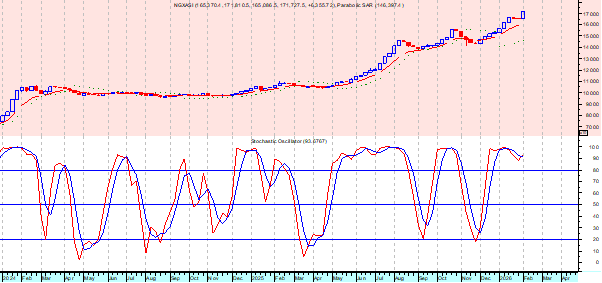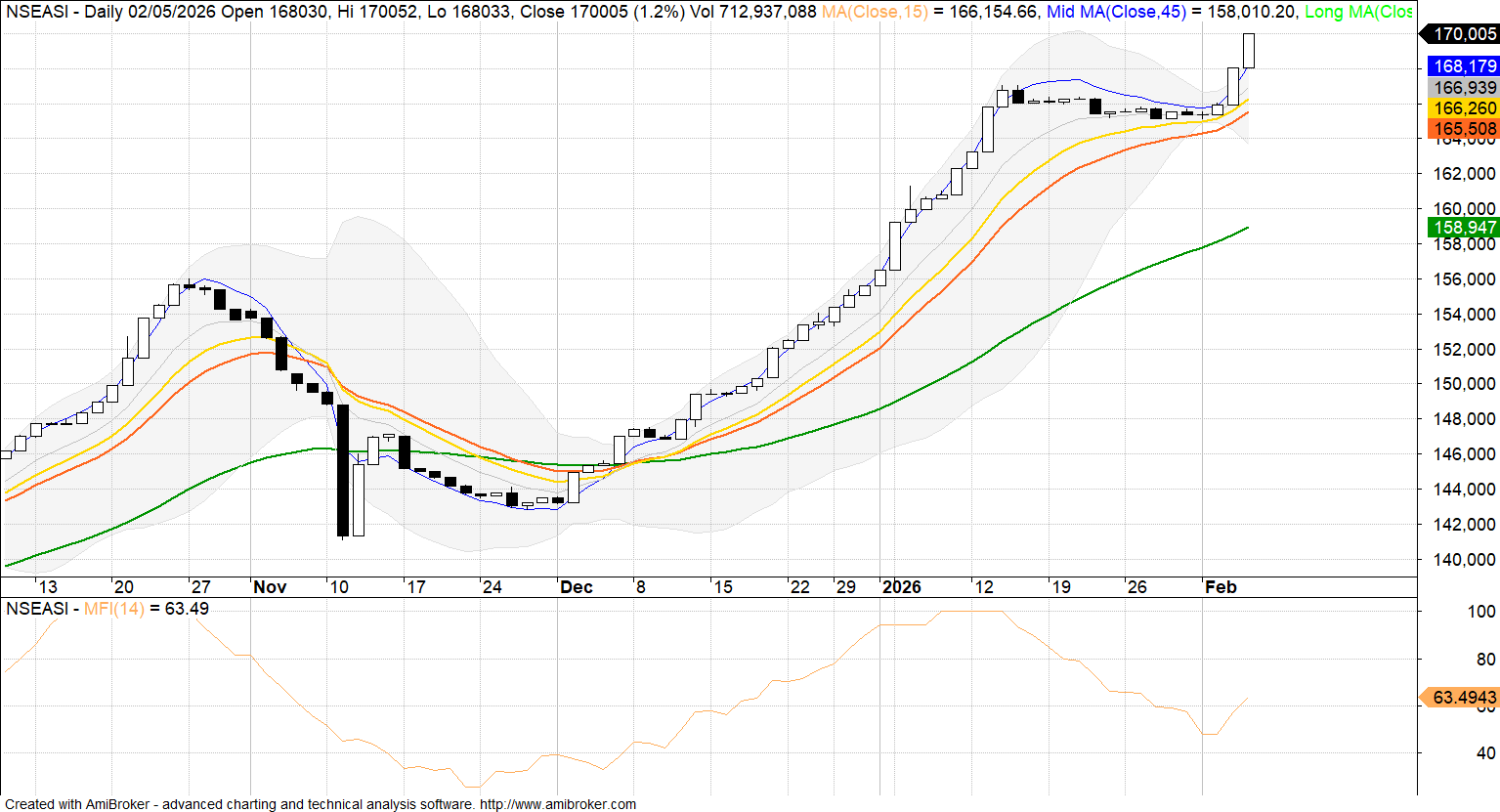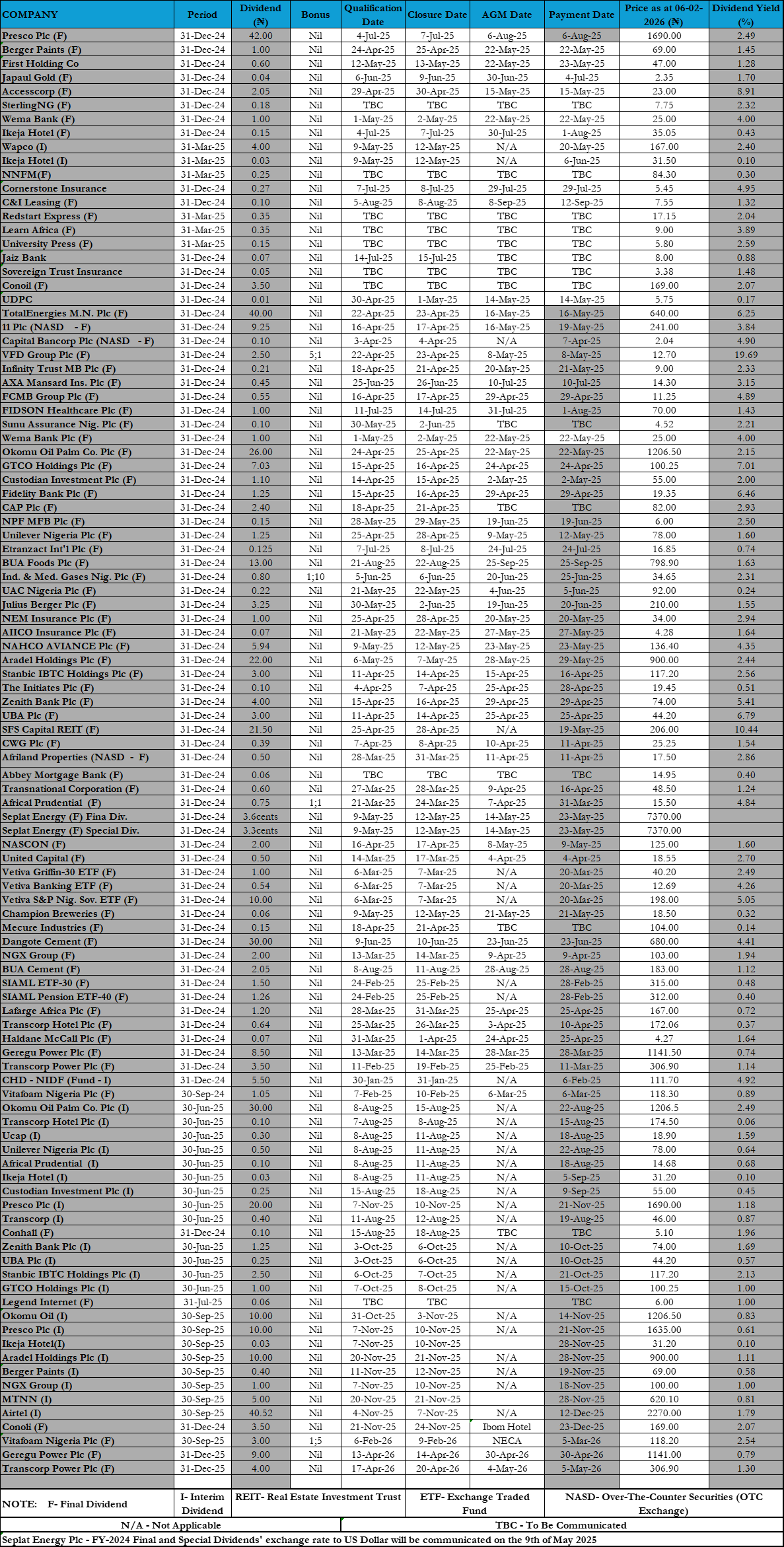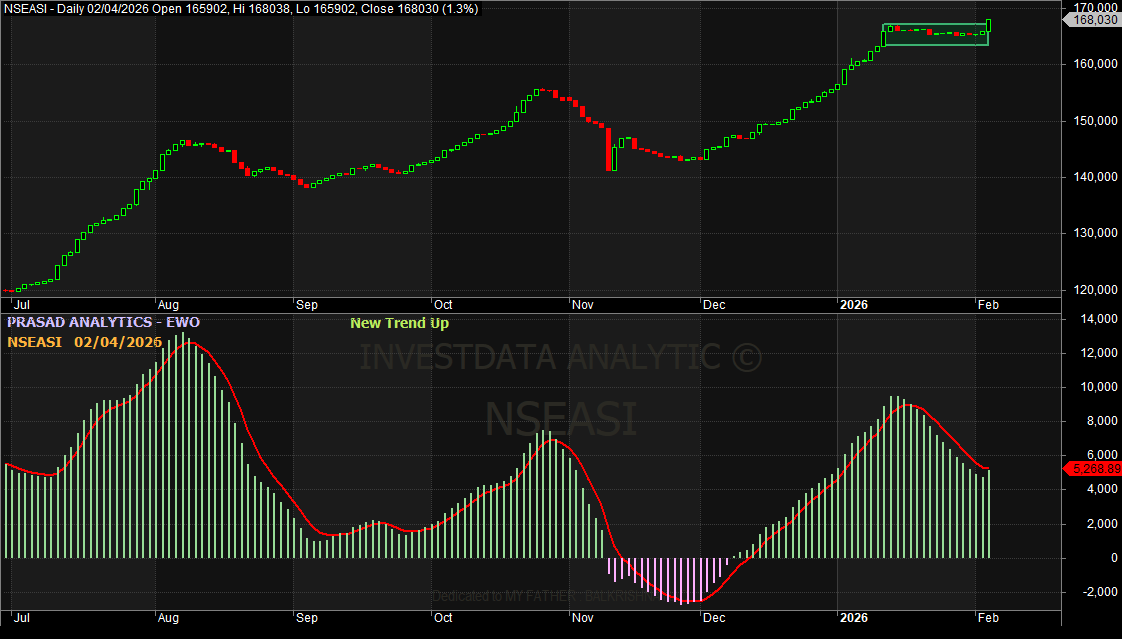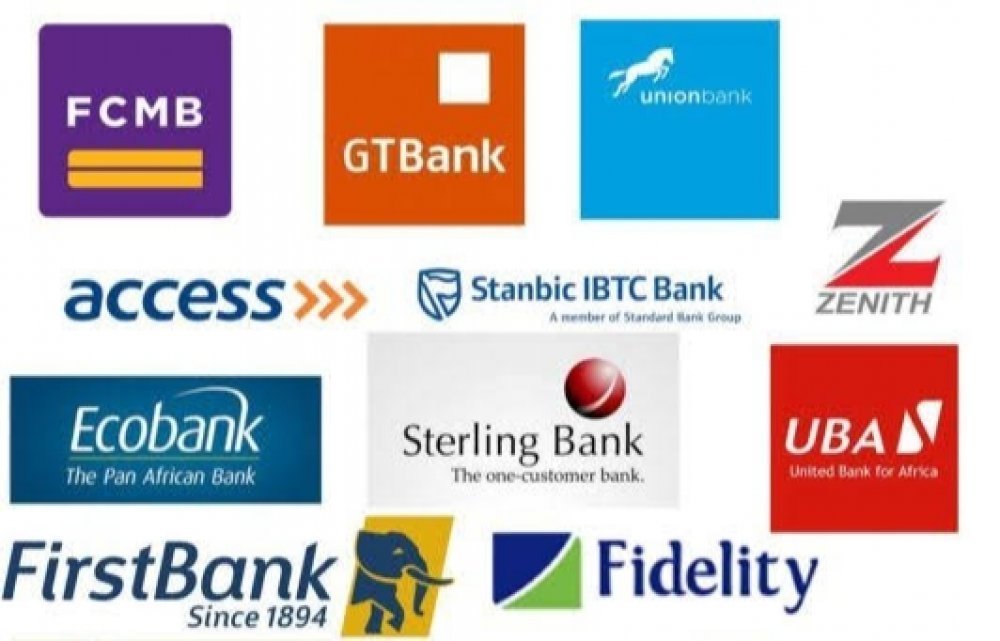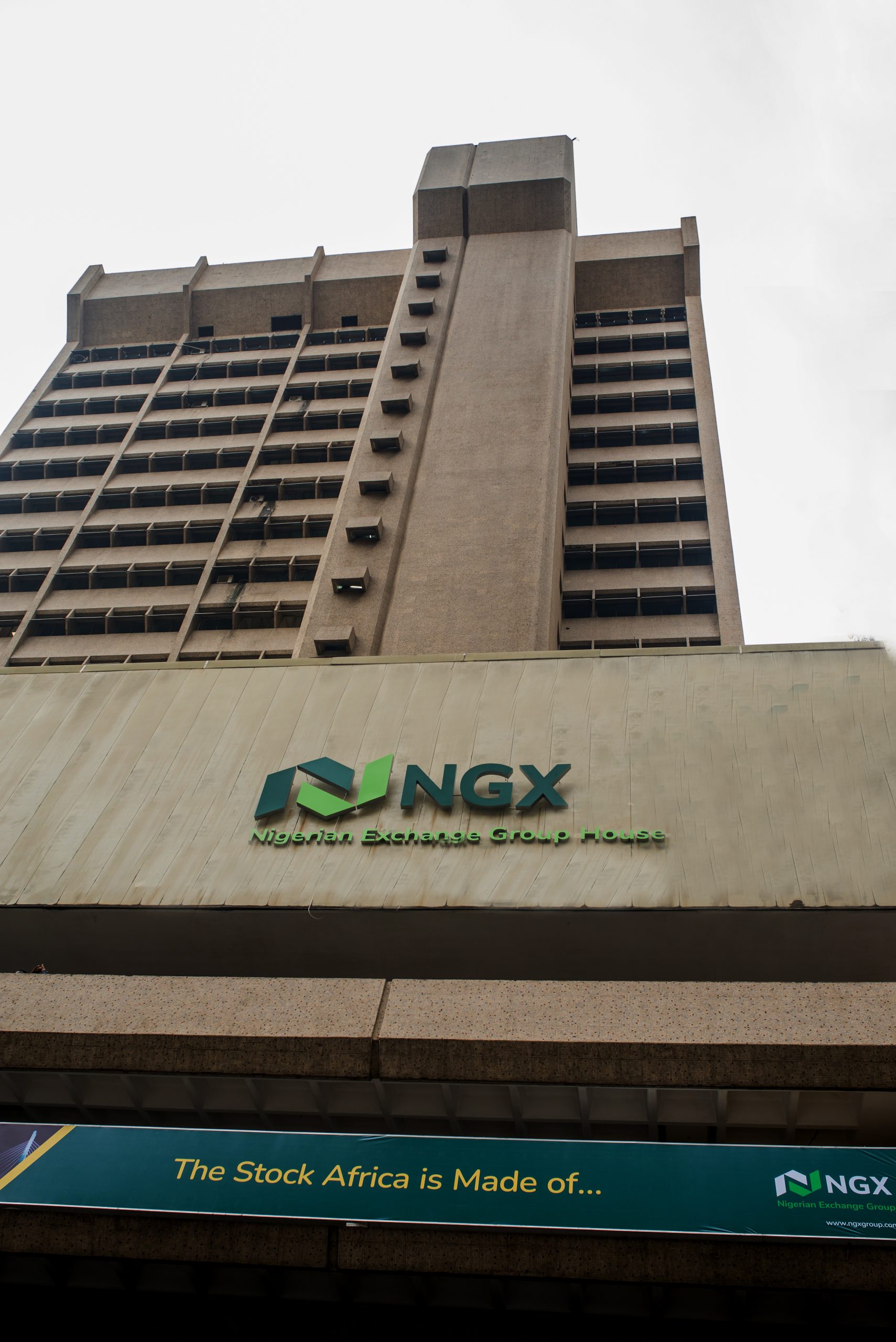
Market Update
The Nigerian equities market extended its bullish run on Thursday, posting a second consecutive day of gains as renewed buying interest in heavyweight stocks combined with stable global oil prices to lift investor sentiment. The upbeat performance comes at a time of cautious optimism in the domestic market, with investors positioning ahead of third-quarter earnings releases and broader macroeconomic developments.
The trading session began with mixed signals as early profit-taking in select mid- and small-cap names moderated the early momentum. However, this was quickly offset by renewed demand in large-cap counters across key sectors. Institutional investors, high-net-worth individuals, and retail participants increased their exposure to fundamentally strong stocks as they sought defensive plays against persistent macro headwinds such as inflation, exchange rate volatility, and high interest rates.
Renewed Demand in Blue-Chip Stocks
The upward movement in the market was driven largely by gains in bellwether equities, particularly Dangote Cement Plc, FBN Holdings Plc, PZ Cussons Nigeria Plc, Lafarge Africa Plc, and Wema Bank Plc. These stocks have been among the key drivers of the market’s rally in recent weeks, benefiting from their strong earnings potential and attractive valuations.
Investor interest also spread across other high-value counters including Computer Warehouse Group Plc, Nestlé Nigeria Plc, Aradel Holdings Plc, and Stanbic IBTC Holdings Plc, reflecting a broad-based appetite for blue-chip stocks. This diversified buying pattern indicates a market that is not merely reacting to sentiment but strategically positioning for longer-term value.
Market analysts note that investors are showing a clear preference for companies with strong fundamentals, stable earnings, and credible dividend history, as these equities provide a cushion against short-term volatility and economic uncertainties.
Trading Activity and Sectoral Rotation
Trading activity remained robust throughout the session, underlining sustained investor confidence. The banking and industrial sectors dominated both volume and value as fund managers and retail players continued to accumulate positions in these segments.
Access Holdings Plc maintained its lead on the volume chart, accounting for 9.33% of total transactions. Guaranty Trust Holding Company Plc followed, while Zenith Bank Plc rounded out the top three, highlighting the dominance of the banking sector in daily turnover. On the value side, GTCO remained the most actively traded with 15.24% of total value, followed by Aradel Holdings and Zenith Bank.
Beyond banking and industrial goods, energy-related equities also saw increased activity, supported by developments in the global oil market. This reflects a subtle but notable sectoral rotation as investors look to capitalize on stability in oil prices and its potential impact on fiscal liquidity and corporate earnings in Nigeria’s oil-dependent economy.
Oil Market Stability Supports Sentiment
Global oil prices held steady on Thursday, offering an additional layer of support for risk sentiment in Nigeria’s capital market. Traders are closely monitoring the potential impact of India’s gradual withdrawal from Russian oil imports following a pledge by Prime Minister Narendra Modi to reduce purchases, a move expected to reshape global supply flows and strengthen demand from alternative sources.
Brent crude futures rose by 32 cents, or 0.5%, to $62.23 a barrel at 13:22 GMT, while U.S. West Texas Intermediate (WTI) gained 20 cents, or 0.3%, to $58.47. Although these levels are relatively moderate, their stability is critical for Nigeria, where oil earnings remain the backbone of government revenue and foreign exchange supply.
Meanwhile, persistent Ukrainian drone strikes on Russian refineries have disrupted production, further tightening global supply. Russia has responded by postponing planned maintenance at some refineries to sustain market output. These dynamics are keeping the oil market supported, which bodes well for oil-exporting countries like Nigeria, helping to stabilize fiscal outlook and boost investor confidence in domestic financial markets.
A stable oil market often translates to improved foreign reserves, reduced currency pressures, and more stable macroeconomic conditions — all factors that tend to influence foreign and local investor flows into the equity market.
Technical Analysis, Market Outlook
From a technical perspective, the Nigerian Exchange Group All-Share Index (ASI) remains on a bullish trajectory, consolidating above its 20-day moving average. Momentum indicators such as the RSI and MACD continue to show positive readings, indicating sustained buying strength.
The index appears well-positioned to test the 149,000–150,000 resistance zone if current sentiment persists. A breakout above this level could unlock further upside, especially if Q3 earnings results exceed expectations. However, intermittent profit-taking may occur as some investors lock in gains from recent rallies, particularly in high-performing stocks.
Beyond technicals, market direction in the coming weeks will also be shaped by inflation data, foreign exchange movements, interest rate trends, and policy statements from monetary authorities. With macroeconomic headwinds still present, market participants are expected to adopt a strategic, stock-selective approach.
Market Performance Recap
At the close of trading on Thursday, the ASI rose 0.41% to 148,355.04 points, up from 147,742.22 points in the previous session. This gain added ₦388.95 billion to the market’s capitalization, bringing it to ₦94.17 trillion. Year-to-date return further strengthened to 44.14%, reflecting the sustained bullish performance of Nigerian equities in 2025.
Market breadth closed positive, with 29 gainers outpacing 25 losers — an indication of broad-based buying pressure. Trading activity also strengthened, with total volume rising 11.13% to 432.43 million units valued at ₦16.91 billion across 23,665 deals. NSL Technology Plc topped the gainers’ list, while SUNU Assurances Nigeria Plc led the losers.
Conclusion
The Nigerian stock market’s positive performance on Thursday reflects a combination of factors such as: renewed blue-chip demand, sectoral rotation into banking and energy, stable oil prices, and bullish technical momentum. As earnings season draws closer, investors are increasingly positioning in quality stocks with resilient fundamentals, a move that could further sustain the current rally.
While profit-taking may create mild pullbacks, the overall outlook remains constructive. Stable oil market dynamics and improved macroeconomic confidence are likely to provide a favorable backdrop for equities in the near term. If current momentum persists, the market could be poised for further upside, making Q4 a potentially strong finish for Nigerian stocks.



